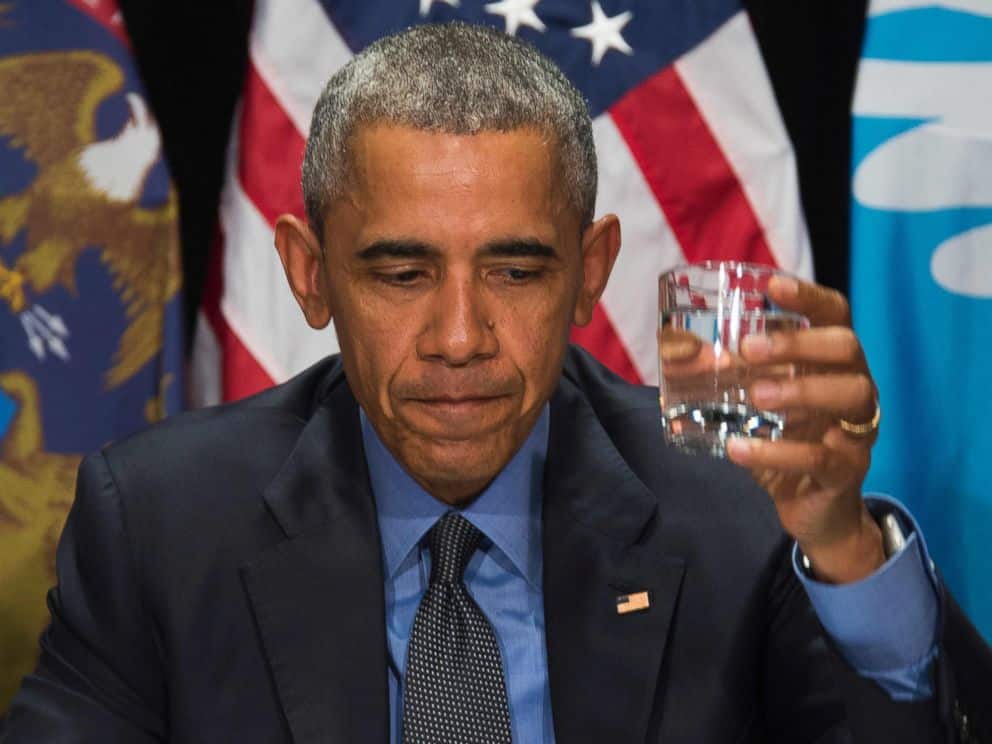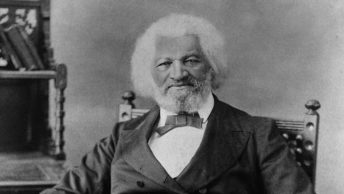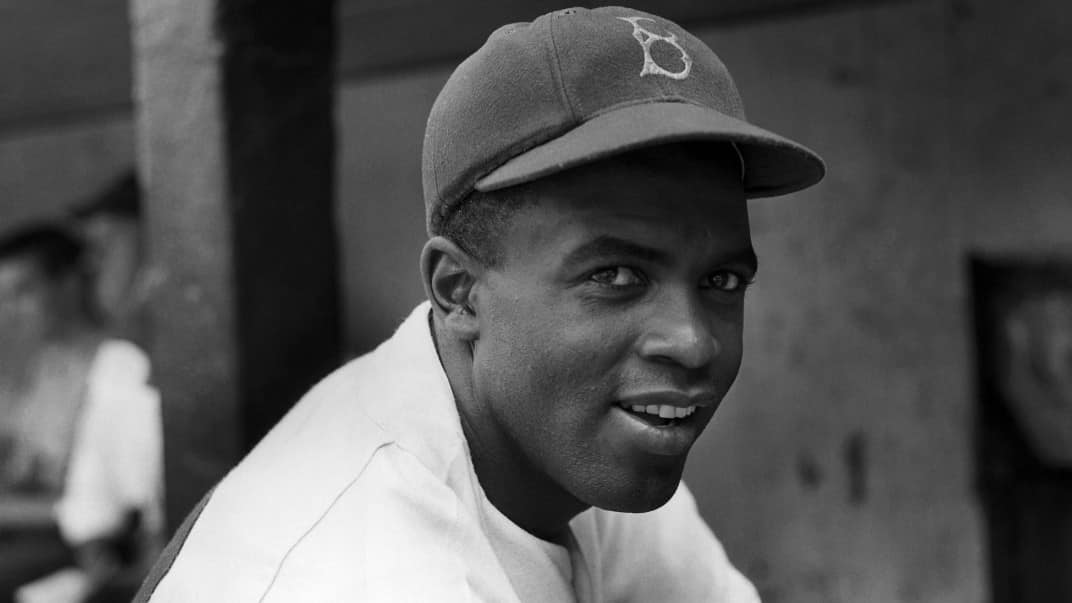President Obama’s speech following the Zimmerman verdict has received considerable criticism. Many say he should have refrained from commenting on the matter—both in 2012 when he said “If I had a son, he would look like Trayvon Martin” and in his 2013 updating of the remark, “Trayvon could have been me 35 years ago.” On the other hand, Governor Mike Huckabee found no fault with the President addressing the issue, but argued that he failed to offer leadership. As Huckabee put it, the President chose to be a thermometer that shows the temperature rather than a thermostat that changes it.
Such criticism is understandable. Nevertheless, I believe the President’s remarks had merit. For one thing, they seemed genuinely sincere and the emotion that accompanied them seemed deeply held. I was particularly moved by his revelation that he had been followed in stores, had heard locks clicked as he walked past cars, and had experienced the nervousness of white people who shared an elevator with him. And I have no doubt that the perspective of many black Americans has been shaped by similar painful experiences. Whites need to appreciate that fact.
I also believe the President was correct in underscoring both the need for “soul-searching” and the futility of leaving the conversation about race to politicians.
One critical question is, What should the focus of that conversation be? I submit that it should go far beyond the list of grievances and demands that such discussions tend to get mired in, and address pressing questions about the contemporary black experience, questions like the following.
How can the culture of dependency that has plagued the black community for more than half a century, fostering self-pity and eroding dignity and self-respect, be ended?
How can the continuing destruction of the black family be reversed, so that black children can enjoy the financial and emotional benefits of two-parent homes?
How can poor black children be provided an education that acknowledges their potential and fosters its development rather than assuming their inferiority and lowering expectations?
How can the scourge of “gangsta rap” and its progeny like East Coast Hardcore Hip Hop, with their glamorizing of whoring, pimping, and violence, be overcome?
How can drug peddling and gang activity—and the patterns of speaking, dressing, and behaving associated with them—be rooted out of poor black neighborhoods?
How can we encourage black young people to choose worthy role models?
An equally important question is, Who should participate in the proposed conversation about race? The standard answer is “everyone,” and the picture that accompanies that answer is whites speaking with blacks. (Sad to say, more than a few whites still understand that to mean whites talking and blacks listening.) Unfortunately, in the past, white/black discussions about race have too often been characterized by black participants blaming whites for racism and whites either beating their breasts apologetically or professing commitment to black causes.
For these reasons, I believe that even though many whites have valuable ideas to contribute to the conversation, for the most part they should remain out of it. Martin Luther King, Jr. expressed a similar thought in 1961, when he said, “We know that there are many things wrong in the white world, but there are many things wrong in the black world, too. We can’t keep on blaming the white man. There are things we must do for ourselves.”
The conversation among black thinkers is already underway, thankfully, and the following individuals, in my judgment, are making especially insightful and helpful contributions:
Carol Swain, Thomas Sowell, David Webb, Walter Williams, Shelby Steele, Benjamin Carson, Larry Elder, Alveda King, Niger Innis, John McWhorter, Michael Steele, Jason Riley, and Bill Cosby
Some of these individuals will be unfamiliar to many readers because the mainstream media have tended to ignore them. But of this I am certain: no one who takes the time to seek out their ideas will be disappointed.
Copyright © 2013 by Vincent Ryan Ruggiero. All rights reserved








